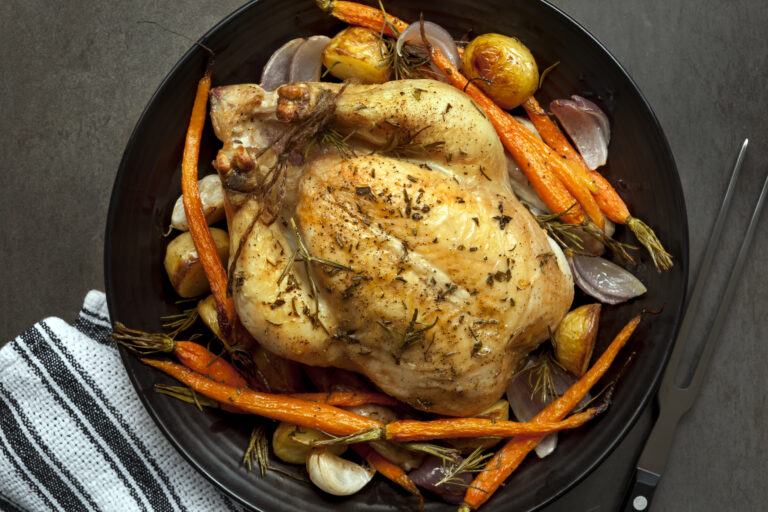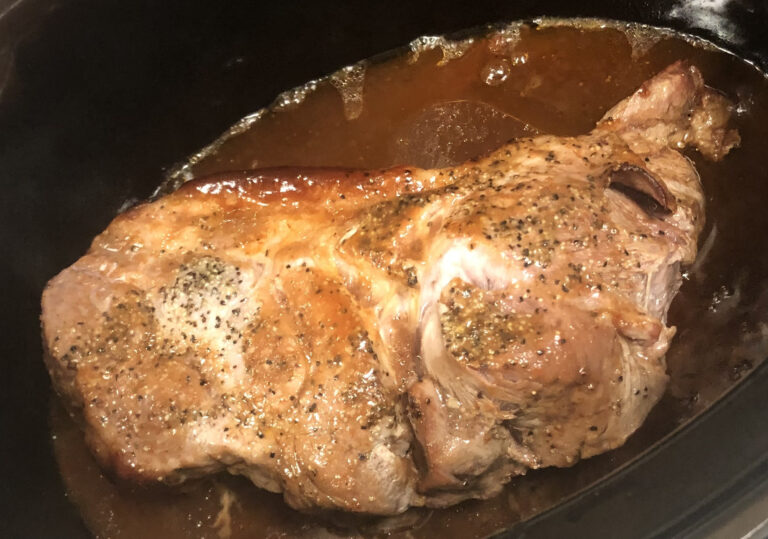5 Bamboo Food Containers You Need to Help the Planet
Bamboo food containers shine as eco-friendly, durable alternatives to plastic and paper, offering sustainability, safety, and practicality.
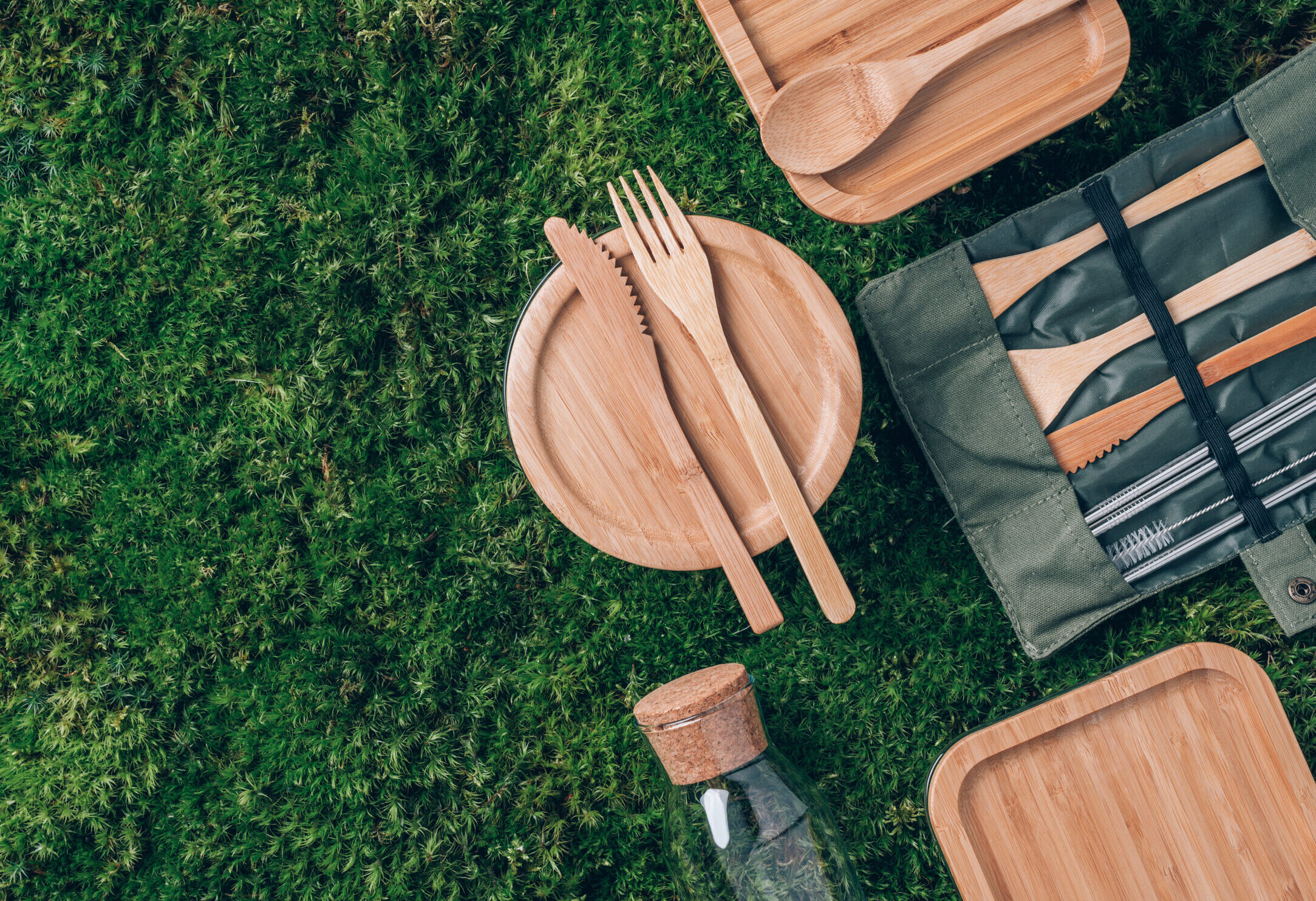
In today’s eco-conscious world, bamboo food containers are emerging as a sustainable superstar, marrying durability with environmental friendliness. As you seek alternatives to plastic and glass, bamboo offers a compelling solution that’s both practical and planet-friendly.
Disclosure: As an Amazon Associate, this site earns from qualifying purchases. Thank you!
Understanding the Impact of Traditional Food Packaging
Understanding the true environmental cost of convenience is crucial as we strive for sustainability. Plastic food packaging, a major contributor to global pollution, poses significant threats to the environment and human health through chemical leaching. While paper packaging may seem eco-friendly, its production still requires excessive resources, contributing to deforestation and greenhouse gas emissions. Coatings and additives further compromise its sustainability.
In light of these challenges, bamboo food containers offer a sustainable alternative. Bamboo is biodegradable, has a low environmental impact in cultivation, and is versatile in various applications. Choosing bamboo supports a healthier planet and a brighter future. Have you considered transitioning to bamboo yet?
Introducing Bamboo: A Sustainable Alternative
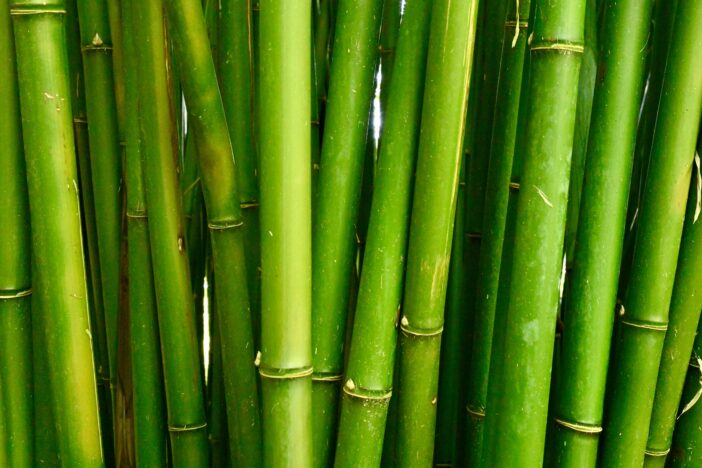
Switching to bamboo food containers is like choosing the hero in the battle against waste and pollution. If you’ve been wondering about making a change, let’s dive into why bamboo stands out as a green hero in the world of food packaging.
What Makes Bamboo Sustainable?
Ever wonder what makes materials eco-friendly? Bamboo stands out for several reasons. It’s not a tree but a fast-growing grass, some species growing up to 35 inches in a day. Once harvested, bamboo regenerates from its robust root system, preventing soil erosion and preserving soil health. Additionally, bamboo absorbs carbon dioxide and releases 35% more oxygen than other plants, improving air quality.
How Bamboo Is Changing the Game in Food Packaging
Bamboo food containers offer a sturdy, guilt-free alternative to plastic and less sustainable paper products. With its natural strength, bamboo creates durable packaging like plates and utensils that are fully biodegradable and compostable. This closed-loop solution reduces landfill waste and pollution, while also revolutionizing the food industry’s sustainability efforts. By choosing bamboo, you’re not just selecting a container; you’re advocating for a healthier planet and endorsing environmentally responsible choices.
Key Benefits of Bamboo Food Containers
As sustainability gains importance, bamboo food containers shine as an eco-friendly and practical choice. Switching to bamboo benefits both the planet and your pantry.
Environmental Advantages of Bamboo Containers
- Bamboo containers require no fertilizers or pesticides and decompose quickly, enriching the soil.
- They promote carbon sequestration and oxygen release, enhancing air quality.
Health and Safety Benefits
- Bamboo containers don’t leach harmful chemicals and possess natural antibacterial properties.
Practical Benefits for Everyday Use
- They are durable, lightweight, and maintain food temperature effectively.
- Bamboo containers add aesthetic appeal to any kitchen space.
Aesthetic Appeal of Bamboo Food Containers
- Bamboo’s natural elegance adds warmth to any kitchen, blending seamlessly with various décor styles and enhancing meal preparation experiences.
Choosing bamboo food containers offers environmental responsibility, health benefits, kitchen practicality, and aesthetic appeal. Ready to embrace a sustainable and stylish lifestyle?
Comparing Bamboo to Other Eco-Friendly Alternatives
In your search for eco-friendly kitchen solutions, you’ve encountered various materials praised for their environmental benefits. Let’s explore how bamboo food containers compare to other options like recycled paper and bioplastics. This comparison will guide your decision toward sustainable kitchen choices that match your values and requirements.
Bamboo vs. Recycled Paper
- Bamboo offers endless renewability, while recycled paper has limitations in recycling and processing.
- Bamboo’s production process involves fewer chemicals, ensuring food safety.
Bamboo vs. Bioplastics
- Bamboo requires minimal resources for growth and production, unlike bioplastics.
- Bioplastics’ decomposition relies on specific conditions, making bamboo a more reliable eco-friendly option.
Overcoming Challenges With Bamboo Food Containers
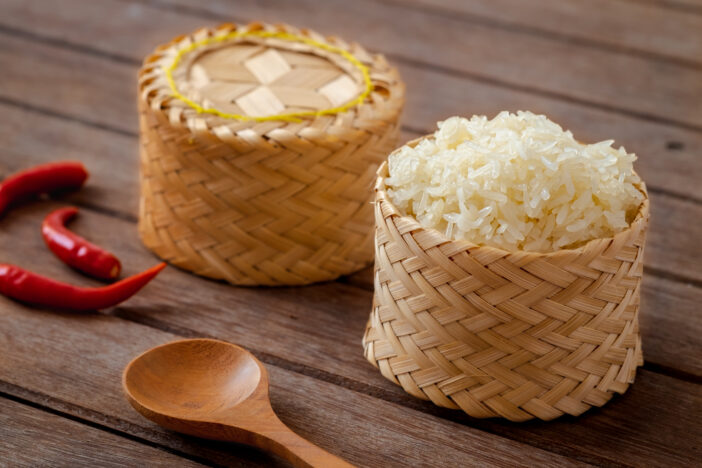
As we shift towards sustainability, bamboo food containers are leading the way as eco-friendly options. However, their adoption presents unique challenges. Let’s discuss how to overcome these hurdles effectively.
Addressing Cost Concerns
- Bulk purchases and finding competitive suppliers can mitigate initial costs.
- As demand increases, prices are likely to decrease, making bamboo more accessible.
Understanding Supply Chain Limitations
- Establishing relationships with reliable suppliers and supporting localized cultivation can improve availability and sustainability.
Making the Switch to Bamboo Food Containers
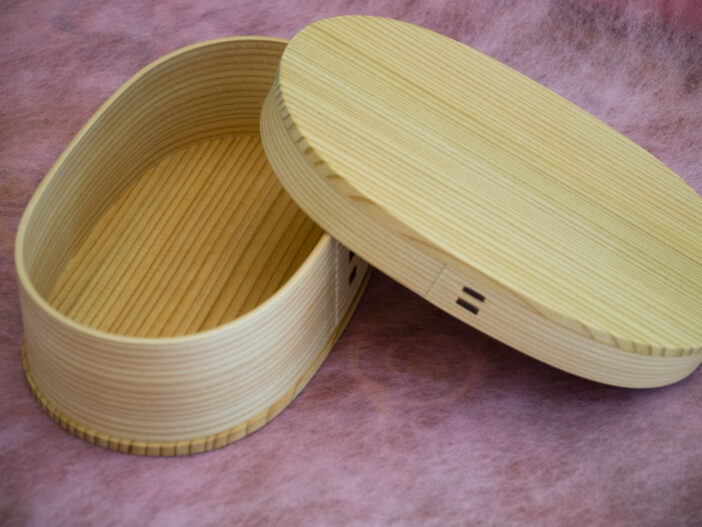
With the global move towards sustainability, bamboo food containers offer a promising solution for waste reduction. Their undeniable environmental benefits make them attractive to individuals and businesses seeking eco-friendly options.
Tips for Individuals and Businesses
Switching to bamboo food containers might seem daunting, but it’s simpler than you think and comes with a plethora of benefits. Here’s how to make the transition smooth and cost-effective:
- Start Small: Don’t feel pressured to overhaul your entire collection at once. Begin with one or two items, like bamboo cutlery or plates, and gradually increase your collection. This approach helps you adjust without breaking the bank.
- Assess Your Needs: Consider which types of containers will serve you best. For businesses, bulk storage options might be the priority, while individuals might lean towards daily-use items, such as lunch boxes and salad bowls.
- Bulk Purchases: Once you’re ready to commit, buying in bulk can significantly reduce costs. Suppliers often offer discounts for larger orders, making it a win-win for businesses and individuals planning long-term switches.
- Seek Reliable Suppliers: With any new product, finding trustworthy suppliers is crucial. Look for those with transparent sourcing and production practices to ensure you’re getting high-quality, sustainably made bamboo containers.
- Educate Your Team or Family: Whether it’s your household or your staff, educating those around you about the benefits of bamboo containers can make the transition smoother. Share information about bamboo’s sustainability, durability, and minimal environmental impact to get everyone on board.
- Promote the Switch: For businesses, advertising your switch to bamboo can attract eco-conscious customers. Highlighting your commitment to sustainability can differentiate your brand and foster loyalty among consumers who value environmental responsibility.
The Future of Sustainable Food Packaging
As the world inches closer to environmental thresholds, the urgency for sustainable solutions like bamboo food containers becomes glaringly apparent. Here’s why bamboo stands out as the future of eco-friendly food packaging:
- Bamboo Grows Rapidly: Unlike traditional wood, bamboo can grow back to its full size in just 3 to 5 years, making it a highly renewable resource. This rapid regeneration rate ensures a continuous supply without harming ecosystems.
- Biodegradability: Bamboo containers naturally decompose, returning to the earth without leaving harmful residues. This reduces landfill waste, making bamboo a champion of circular economies.
- Minimal Processing: Processing bamboo into containers requires less energy and chemicals than synthesizing plastics or other composites. This minimal impact further bolsters its sustainability profile.


